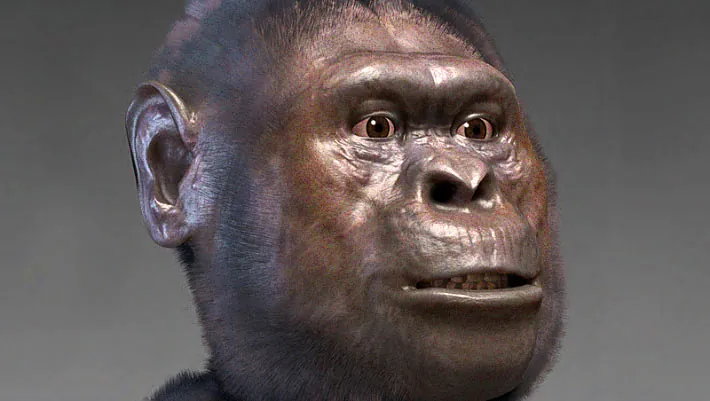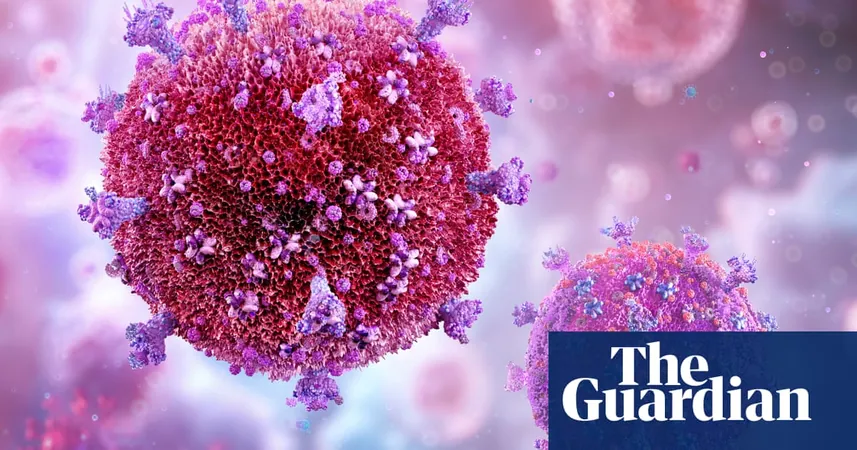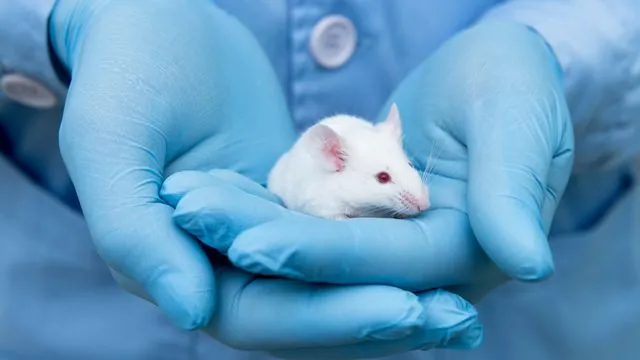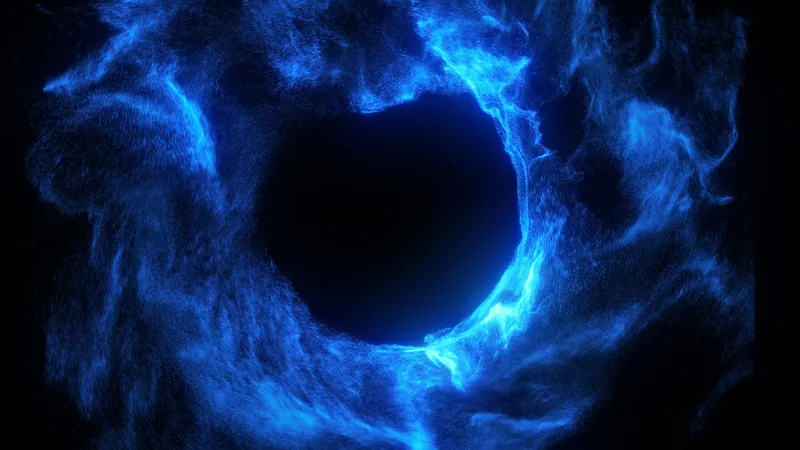
Shocking Discovery: Australopithecus Was Mostly Vegetarian, Not a Meat-Eater!
2025-01-20
Author: Sophie
Shocking Discovery: Australopithecus Was Mostly Vegetarian, Not a Meat-Eater!
Recent research has revealed that Australopithecus, a prominent early human ancestor, maintained a diverse but primarily plant-based diet, shedding new light on human dietary evolution. This groundbreaking study analyzed stable isotope data from seven hominin specimens dating back a staggering 3.5 million years from the renowned Sterkfontein site in South Africa.
Dr. Tina Lüdecke, a geochemist at the University of the Witwatersrand, explained how the study utilized tooth enamel—the hardest tissue in mammals—which preserves isotopic signatures of diet over eons. "When animals digest food, they tend to favor lighter nitrogen isotopes. This process alters the nitrogen ratios, which can be detected in their excretions," she stated.
The implications of nitrogen isotope ratios are significant: herbivores exhibit higher ratios than the plants they consume, while carnivores show an elevated ratio compared to their prey. Consequently, tissue samples with higher nitrogen ratios indicate a higher trophic position within the food web.
Previously, studying ancient diets through fossil materials was limited to specimens just a few tens of thousands of years old due to organic degradation. However, with an innovative approach, Dr. Lüdecke and her team successfully measured nitrogen isotope ratios in fossilized tooth enamel millions of years old. Their findings confirmed that the nitrogen isotope ratios in Australopithecus tooth enamel were consistently low and comparable to herbivores, starkly lower than those seen in carnivorous species.
This compelling evidence indicates that Australopithecus did not regularly engage in hunting large prey, like their later relative the Neanderthals. While the possibility of occasional consumption of animal protein, such as eggs or insects, cannot be completely dismissed, the predominant evidence points to a vegetarian diet.
Dr. Alfredo Martínez-García, a researcher at the Max Planck Institute for Chemistry, emphasized the broader implications of this discovery: "Our method can redefine our understanding of human evolution's dietary shifts. When did our ancestors first incorporate meat, and was this linked to increases in brain size?"
This research marks a significant advancement in our ability to trace dietary habits and trophic levels of ancient species back through millions of years. Highlights from the study underscore that Australopithecus did not rely heavily on meat, challenging long-standing assumptions about early human diets.
"This pioneering work at Sterkfontein honors the legacy of Robert Broom, whose discoveries 89 years ago laid the groundwork for our understanding of hominin evolution," remarked Professor Dominic Stratford, Director of Research at the Sterkfontein Caves.
The astonishing findings of this study are now published in the journal *Science*, paving the way for future research into the dietary habits of our distant ancestors. Will this change the way we view early human evolution? Stay tuned for more revelations that could redefine our understanding of who we are!









 Brasil (PT)
Brasil (PT)
 Canada (EN)
Canada (EN)
 Chile (ES)
Chile (ES)
 Česko (CS)
Česko (CS)
 대한민국 (KO)
대한민국 (KO)
 España (ES)
España (ES)
 France (FR)
France (FR)
 Hong Kong (EN)
Hong Kong (EN)
 Italia (IT)
Italia (IT)
 日本 (JA)
日本 (JA)
 Magyarország (HU)
Magyarország (HU)
 Norge (NO)
Norge (NO)
 Polska (PL)
Polska (PL)
 Schweiz (DE)
Schweiz (DE)
 Singapore (EN)
Singapore (EN)
 Sverige (SV)
Sverige (SV)
 Suomi (FI)
Suomi (FI)
 Türkiye (TR)
Türkiye (TR)
 الإمارات العربية المتحدة (AR)
الإمارات العربية المتحدة (AR)